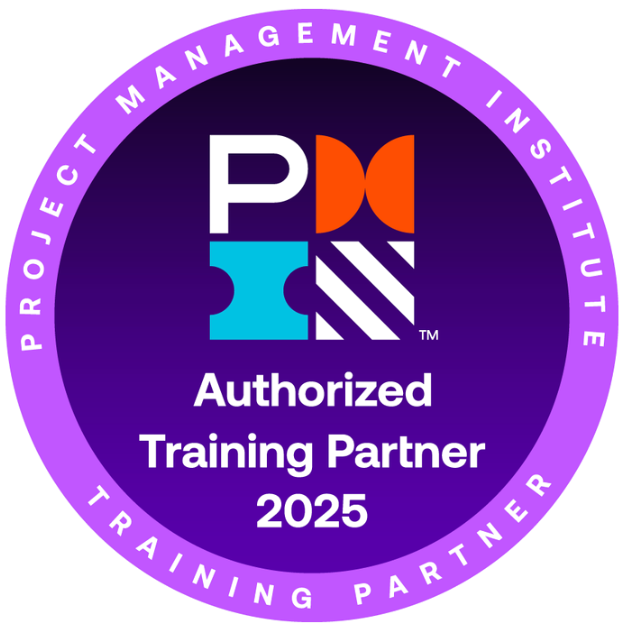How to Prepare for the PMP Exam: A Step-by-Step Guide
Are you aiming for PMP® certification? The Project Management Professional (PMP®) exam is a valuable credential that can boost your career. But preparing for it can feel daunting. Don’t worry—we’ve got you covered with this step-by-step guide to help you study smarter, not harder.

Why PMP® Certification Matters
The PMP® exam is a globally recognized certification that enhances your credibility as a project manager. It opens up more job opportunities and increases your earning potential, making the effort worth it.
1. Know the Exam Structure
The PMP® exam consists of 180 multiple-choice questions to be completed in 230 minutes. It covers three domains:
- People (42%)
- Process (50%)
- Business Environment (8%)
Knowing this will help you focus your study efforts.
2. Meet Eligibility Requirements
Before you apply, make sure you meet the PMI® eligibility requirements:
- With a Four-Year Degree: 36 months of project management experience and 35 hours of project management education.
- Without a Four-Year Degree: 60 months of experience and 35 hours of project management education.
3. Choose the Right Study Materials
Use these key resources:
- PMBOK® Guide: The official guide by PMI®.
- PMP® Exam Prep Books: Popular books like Rita Mulcahy’s PMP® Exam Prep.
- Online Courses & Practice Tests: Platforms like Simplilearn and PMP Exam Simulator offer structured courses and mock exams.
4. Create a Study Plan
Structure your study time:
- Break down your study schedule and set goals (e.g., study one PMBOK® chapter per week).
- Include mock exams in your plan—this helps you get familiar with the exam format and time constraints.
5. Focus on Key Areas
The PMP® exam covers three domains:
- People: Leadership, communication, team-building.
- Process: Project management knowledge, from initiation to closing.
- Business Environment: Aligning projects with organizational strategy.
Spend more time on the Process domain since it makes up 50% of the exam.
6. Join Study Groups
Engage with other candidates to share resources and insights. Join forums on LinkedIn, Facebook, or PMI®’s official community to stay motivated and get advice from others who’ve passed the exam.

7. Take Mock Exams
Simulate real exam conditions by taking timed practice tests. Focus on your weak areas and track your progress over time. This helps build confidence and improves your test-taking skills.
8. Review Key Formulas
The PMP® exam includes formulas like Earned Value Management (EVM) and Critical Path Method (CPM). Make sure to create flashcards or a cheat sheet to memorize these essential formulas.
9. Stay Calm on Exam Day
On the big day, make sure you’re well-rested and prepared. Arrive early, have a healthy meal, and keep calm—confidence is key!
Conclusion
With the right study plan and focus, passing the PMP® exam is entirely achievable. Follow these steps, stay consistent, and you’ll soon be celebrating your PMP® certification. Good luck!



